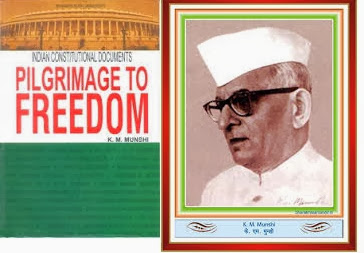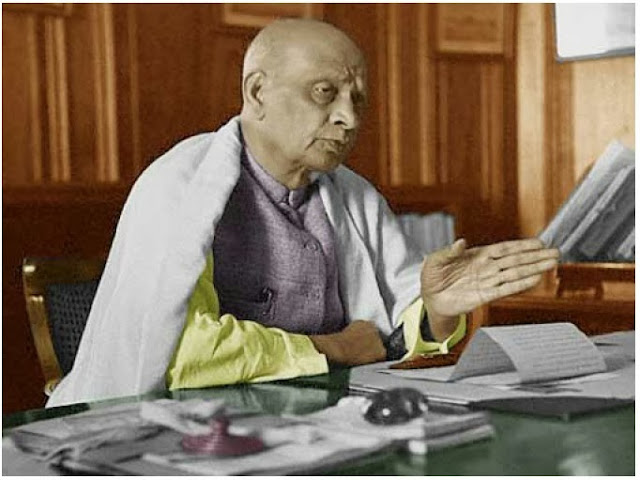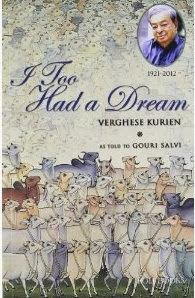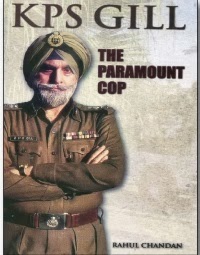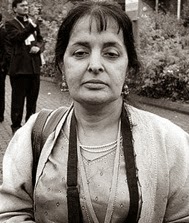AnnaPal vs ArvindPal By Pavithran
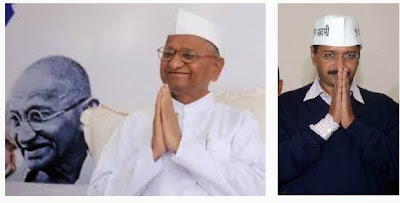
AnnaPal is Lokpal and Lokayuktas Bill, 2011. ArvindPal is JanLokpal as drafted by civil societies. AnnaPal i.e. Lokpal and Lokayuktas Bill, 2011 was finally passed on 17th December 2013 in the Rajya Sabha and in the Lok Sabha on 18th December 2013. It is going to become an Act. It is a real positive step to put an end to the corruption prevalent in our government systems. The pressure built up by Anna’s indefinite fast at his native village had yielded results apart from the shock created by the debut of Aam Aadmi Party’s spectacular victory in the recently held Delhi Election. This bill was supported by all political parties excluding Samajvadi Party and Shiv Sena and also by by Aam Aadmi Party though having no representation in these houses whose main agenda is Jan Lokpal. This one year old party was selective in criticizing Anna, Congress and BJP - leaving other parties and even ignoring the two parties who had opposed the bill for their own specific reasons which to my

